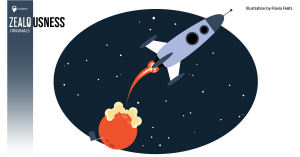
Why Space Exploration Is Important
Mankind has been dealing with challenges since the first days of its existence. Human beings across civilizations have had to come up with solutions for


Mankind has been dealing with challenges since the first days of its existence. Human beings across civilizations have had to come up with solutions for
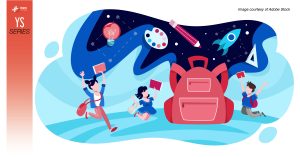
Early childhood education refers to teachings taught to children from birth until eight years of age. That time is crucial, as the development of the
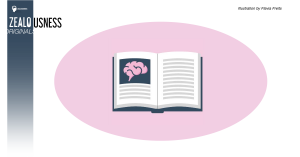
Learning is a lifetime journey. There is always something new to study and explore. There have been many discoveries in science and technology, but the
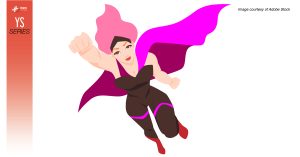
Pink – it’s just a color, right? It doesn’t have some sort of hidden meaning attached to the word, right? Since the mid-19th century, pink
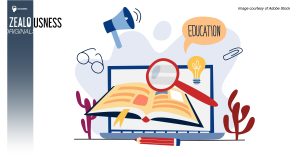
Receiving an education is a great opportunity. Whether it’s for a professional reason or personal, it’s beneficial to you to have an education. There are
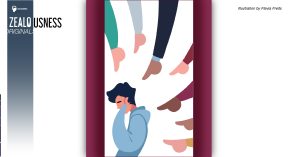
Regardless of what our definition of success is, we embrace a feeling of pride when we accomplish something we wanted. That pride makes us feel like we are on top of the world and as if nothing can touch us. But then, we realize that society continually wants us to be successful, and we are devoured into a rat race for success.

While virtual learning has its advantages, some students may not have enough resources at home to learn virtually or to enhance their learning outside of the classroom. In addition to this, it may be harder for some students to focus if school is online, which will decrease the amount of learning done.

Beliefs are inherently subjective. Individually and collectively, we may hold a belief for which we have a particular sense of certitude and conviction. Now, this does not mean that just because one is certain that one’s belief is true, that it is not infallible. Believing in something does not necessarily make it true.
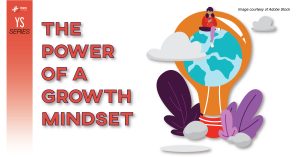
In society today, there are two types of mindsets that we commonly see: a fixed mindset and a growth mindset. Carol Dweck, Stanford University’s talented researcher and professor, asserts that a fixed mindset constricts people into thinking that their internal and external qualities are stuck in stone and cannot be changed. In other words, these individuals believe that they are inherently good or bad at a task; therefore, failure is interpreted as a reflection of themselves rather than an opportunity for growth.
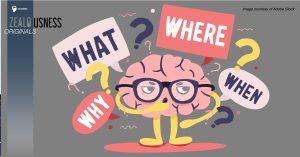
From the day we are born until the day we die, problems are our fellow travelers in our journey of life. They are key factors in our upbringing throughout our lifetime. If there were no problems, there would be no development of skills, or character, or progress toward a better future. Someone defined problems as a gift: without them we wouldn’t grow, while another one defined problems not as stop signs, but as guidelines.